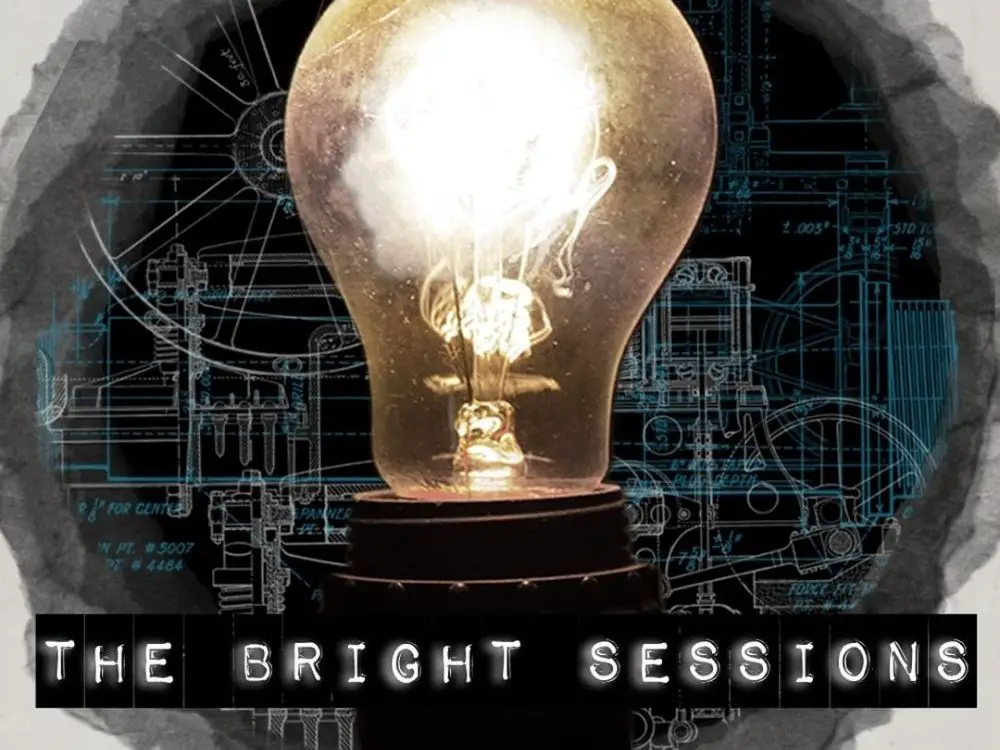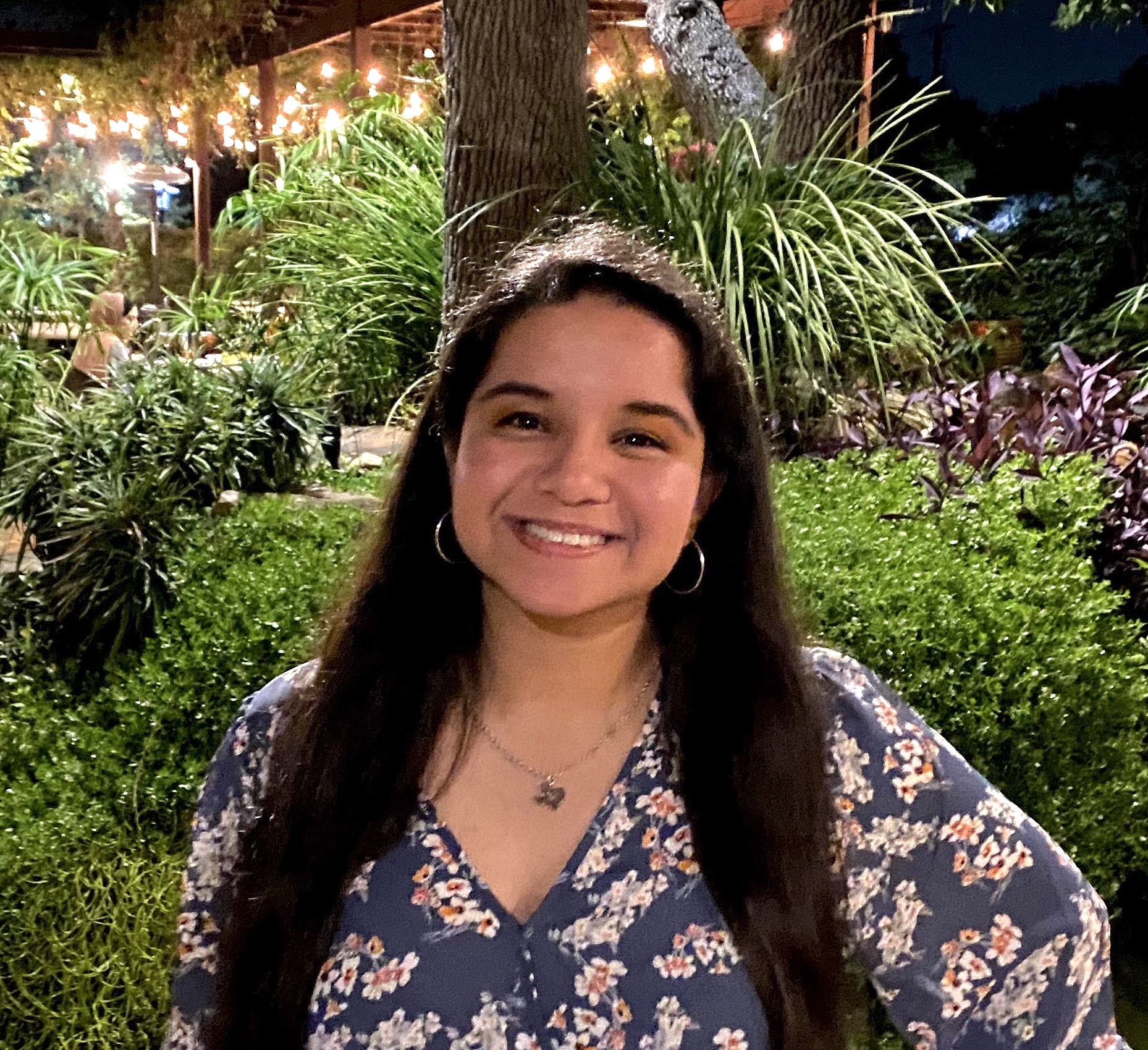Throughout its run, “The Bright Sessions” was repeatedly named one of the top fiction podcasts of the late 2010s. The podcast captured the hearts of a variety of listeners at first, though it eventually became more complex and successfully introduced compelling character dynamics until its conclusion.
Years after its conclusion, young creator Lauren Shippen continues to develop a number of spin-off podcasts and young adult novels, demonstrating her versatility and smart rebranding of the series.
A Luminous Start
Written and produced by Shippen, “The Bright Sessions” debuted in 2015. The science fiction podcast series started as a small project with a simple concept — it follows the story of therapist Dr. Bright as she records the sessions of her patients, who all have strange “Atypical” abilities.
Shining across all seasons of the podcast, the main characters consist of the anxious telepath Chloe, voiced by Anna Lore; the young and unwilling time traveler Sam, voiced by Shippen herself; and the moody teen empath Caleb, voiced by Briggon Snow. New characters are added in later seasons, such as the morally gray antagonist Damien and a curious dream walker named Rose.
With time, the podcast develops both its storytelling and depth. Dr. Bright’s circle of Atypical patients expands, and the main characters’ personal lives become more complex as well, introducing an array of complications with relationships, conspiracies and time-travel mishaps.
Beyond the amusing imitation of eavesdropping on someone’s private therapy sessions, the acting and the developing conversations are also instrumental in making the audience feel on edge in the best way. Each 15 to 30-minute episode continues to reveal new and tantalizing details about the characters and connecting storylines, digging further into an intricate mystery the characters have no clue they’re a part of.
With its abundance of charming characters and clever storylines, it’s no wonder why critics and listeners alike believe “The Bright Sessions” helped shape the fiction podcast genre.
Since its beginning, “The Bright Sessions” has expanded into a world beyond Dr. Bright’s little therapist’s office. Expanding past the original setting is something not many podcasts have managed to pull off. Not only did the second season bring in a wider array of characters and side-plots, but after the podcast’s conclusion in 2018, Shippen created and produced two spin-off podcasts, in addition to starting a series of young adult novels based on the principal characters. And with a TV series adaptation currently in the works, Shippen’s stories are still expanding beyond what the creator could have dreamed of just years ago.
Therapy Through Storytelling
Other than the podcast’s great characters and unwinding plot, one of the most compelling aspects of “The Bright Sessions” is how well its world deals with mental illness and its effects on a variety of people.
While mental illness is not a new topic in media storytelling, stories portraying mental illness have become more informed and educated on the subject. Such storylines have been able to focus more on how people live with mental illness rather than throwing them to the side. “The Bright Sessions” and Shippen’s spin-off young adult novels carefully blend topics of mental health, special powers and a focus on LGBTQ characters. These traits, in combination with the superb storytelling, are what continue to draw people to the “Bright Sessions” universe.
Though most pop culture characters with superhero-like abilities use their powers to help save the world, the Atypical characters in “The Bright Sessions” are more grounded in reality, hoping to be more like us “normal” people. Instead of becoming heroes, all of Dr. Bright’s patients struggle to lead normal lives and need someone to confide in before their abilities and emotions get the better of them.
Over the podcast’s four seasons, many of the characters deal with past and present mental concerns, and accurately model the therapy process by ebbing in and out of their preferred mental states. Just as many people go to therapy to improve their mental health, the Atypical characters talk with Dr. Bright and each other to develop a sense of community and to take away the feeling of being alone in the world.
When asked about the mental health elements incorporated into the podcast, Shippen said, “I think for me, as someone who has benefited from therapy and considers myself an advocate for mental health, the thing we’ve always strived to communicate is talking about your feelings and going to a therapist is a good thing. Seeking help when you need it is a good thing.”
The show’s audience has certainly been able to connect with the characters on multiple levels, but also in other less expected ways. Patricia Thang, a writer for Book Riot, recounted her connection with Caleb in both “The Bright Sessions” and Shippen’s YA novel “The Infinite Noise.” Thang felt drawn to Caleb due to their shared experiences with mental illness and inner turmoil. “Reading Caleb’s chapters, I was finally able to see myself in a way I’d never experienced before, despite the fact that the specifics of his experience are based in science fiction,” she said. “Caleb is an empath, which means he can feel the emotions of the people around him as if they are his own, but he has to carry this weight alone without anyone seeing it. My chronic illness, a congenital heart defect, is also invisible, and I alone feel its effects.”
Expansion and Beyond
Like many podcasts and audio dramas, “The Bright Sessions” thrives on sound as its connection between the story and the listener. Most of the podcast is conveyed through recorded conversations between the characters, so the script and voice acting play a crucial role in the plot. When discussing why she chose to present this story as a podcast, Shippen praised the close warmth of audio and its ability to connect with audiences through intimate conversations, rather than loud and large special effects.
“The audio format is just inherently so intimate, and we’re able to use that to explore those more personal moments. Then the temptation to blow the doors off and get really big isn’t there. It’s fun to dig into what happens when you put two empaths in a room with a bunch of drunk people, for example. How is that going to affect the people in the room, and how will they express it?”
Though Shippen’s first beloved story started as a podcast, she was not afraid to venture into other multimedia.
“The Bright Sessions” was a project Shippen tried to make for as little cost as possible, producing the podcast independently while also working a day job. Years later, after finding a comfortable home in the world of podcasting, Shippen began to develop concepts for spin-off podcasts. Now the CEO of her own podcast company, Atypical Artists, Shippen has launched the spin-offs “The AM Archives” and “The College Tapes” about her characters’ lives after the original podcast, as well as podcasts by other creatives such as “Rebel Robin: Surviving Hawkins,” a podcast about the new “Stranger Things” character Robin Buckley.
Shippen is still in the process of writing her three young adult novels, each based on original characters from “The Bright Sessions.” The first book, “The Infinite Noise,” follows Caleb and his classmate Adam as they navigate each other’s contrasting feelings while standing out in their high school. “A Neon Darkness,” the second novel, features antagonist Damien and his run with other Atypicals before the podcast’s timeline, and “Some Faraway Place” will explore Rose’s first encounters with her dream-walking abilities.
The choice to adapt the story for novels is genius, as the books can stand alone from the podcast while also serving as something intriguing for the reader. Audiences who have not yet heard the podcast may find the idea of it exciting after reading one or two of the novels, and vice versa. As this will help Shippen receive the money and audience she deserves, the novels can also serve as a testing ground for similar content, such as new “Bright Sessions” related media.
Now that Shippen has plans to adapt “The Bright Sessions” for a TV show, it seems her multimedia accomplishments are just getting started.
A Bright Future
Though the podcast began as a minor project for Shippen, she believes that starting “small” is the reason for her success. In a world where most science fiction indulges the audience in big, lively action sequences, “The Bright Sessions” remains focused on the small yet important parts of life, even for an Atypical. “I think that’s one of the reasons the podcast has found an audience, because there are a lot of people like me who love epic movies but also want the smaller stuff too. It’s great we live in a world where you can find both those things.”
From its early days as a low-budget audio series to its now remarkable triumph, “The Bright Sessions” has truly come a long way — though there’s still plenty more to come.

















